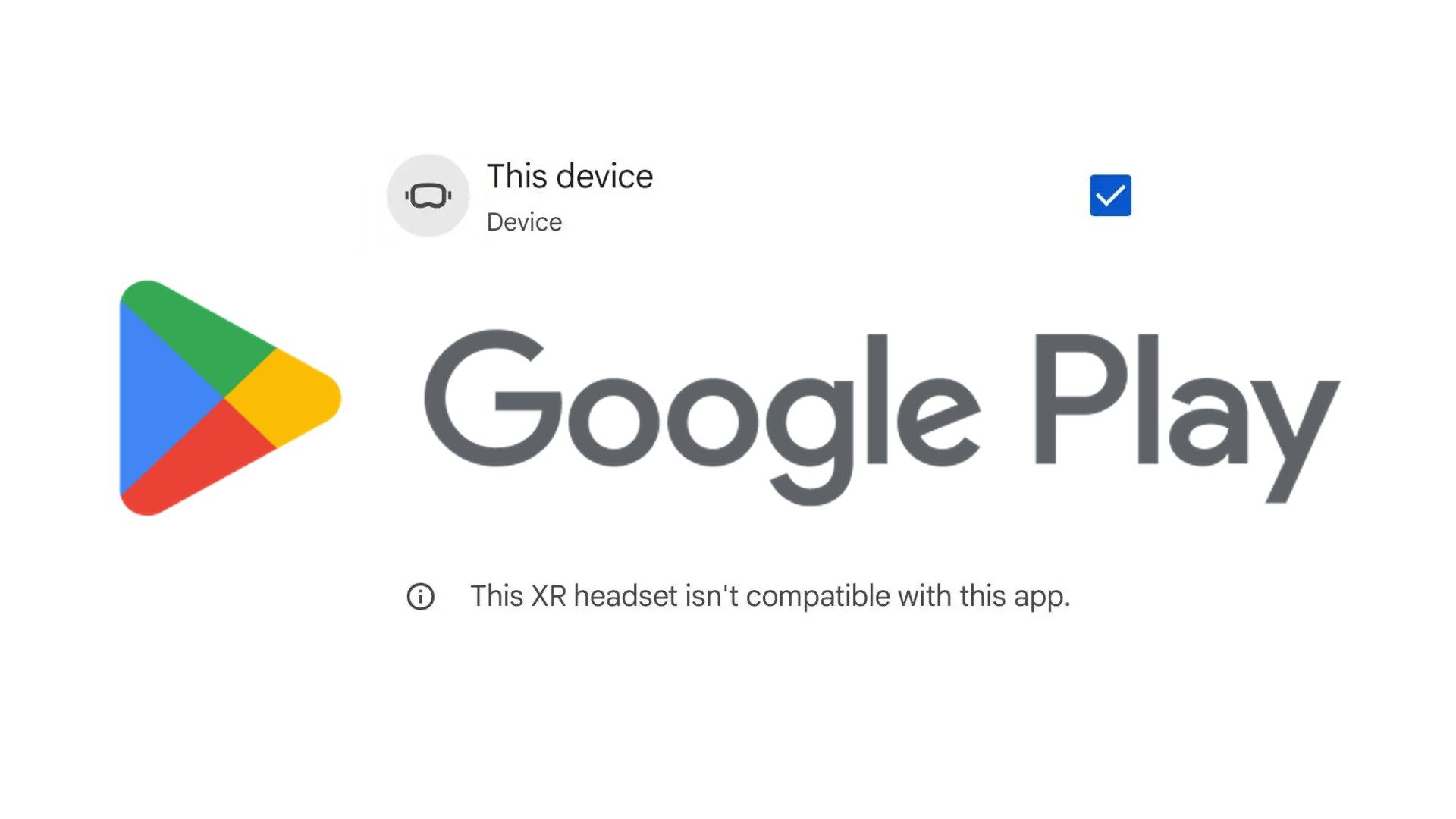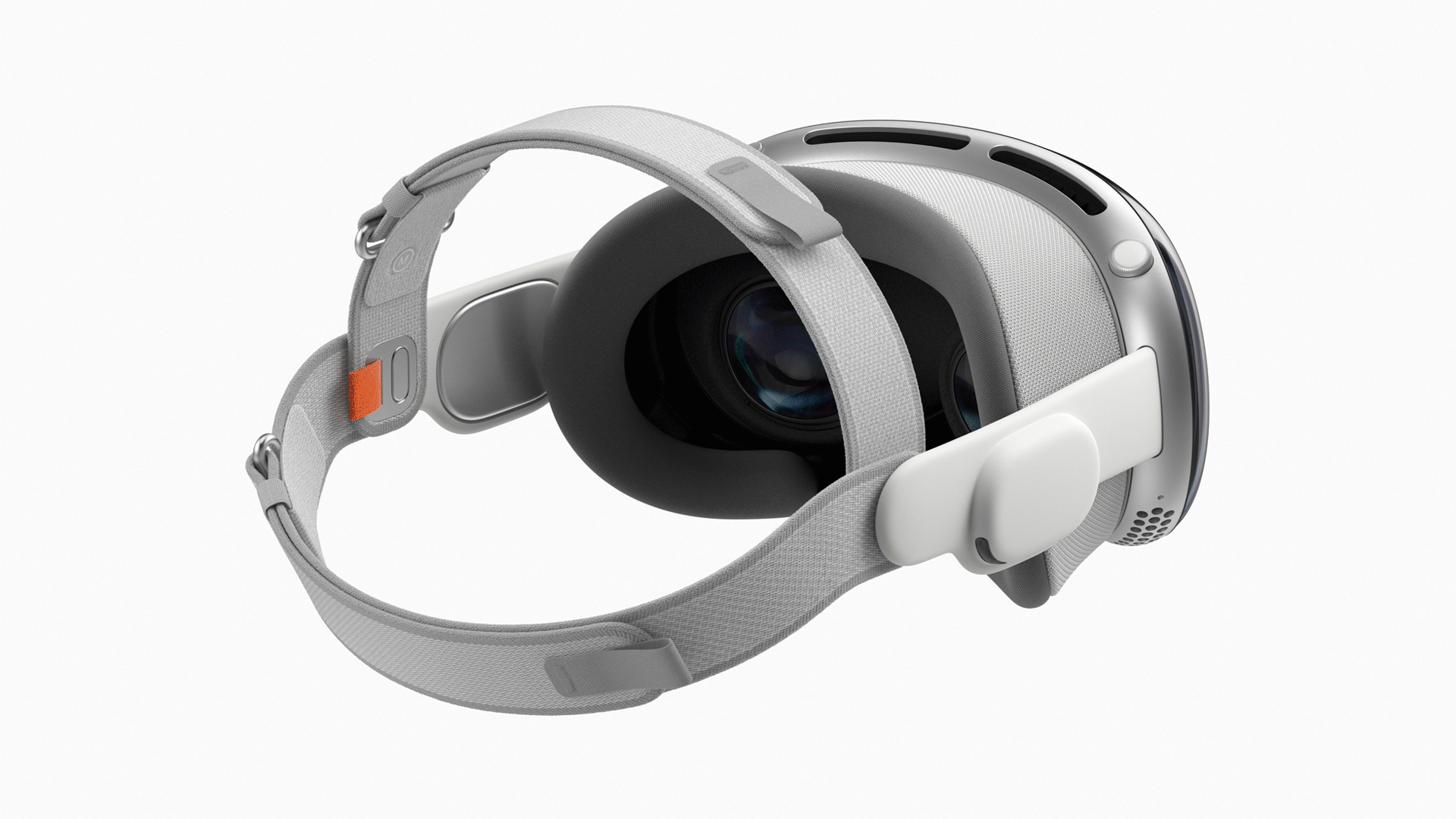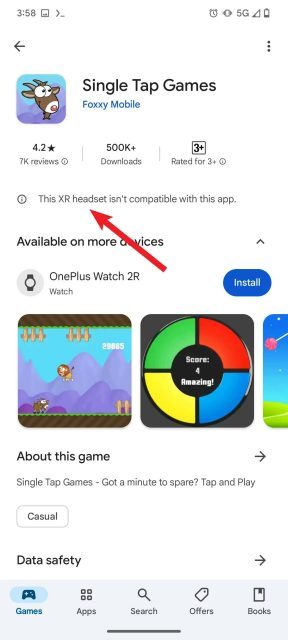Tech News
Google Prepares Support for XR Headsets on Play Store, Marking The Next Chapter in XR Competition

Recent code discovered in a Google Play update suggests that the company may soon introduce support for XR headsets on its Android app store. This development would represent a significant shift in the competitive landscape.
According to a report by Android Authority, version 43.3.32-31 of the Google Play app contains references to “XR headset,” along with a new headset icon that indicates whether an app is compatible with the supported device.
Google has previously featured XR games on Play through Cardboard apps since 2014, which utilize Android smartphones as makeshift VR displays. While this approach sparked early interest in consumer VR, it has become less relevant with the rise of standalone headsets like Meta Quest 3 and Apple Vision Pro.
The introduction of a dedicated XR section in the Play store and official device support indicates a move beyond Cardboard and the now-defunct Google Daydream platform, which was discontinued in 2019.
What has triggered this renewed focus on XR? One major factor is the collaboration between Google, Samsung, and Qualcomm on an XR headset, announced in early 2023. Samsung is responsible for the hardware, Qualcomm for the chipset, and Google for the Android-based XR operating system.
While the companies have confirmed that the headset will be announced (and potentially launched) by the end of the year, details about the XR collaboration remain scarce. Industry rumors suggest that Samsung initially delayed the device to better compete with high-end mixed reality headsets like Vision Pro.

Additionally, a recent report from The Information suggests that Google and Samsung are exploring a partnership to develop a competitor to Ray-Ban Meta Smart Glasses. This product would be easier to produce than a full-fledged XR headset, as it would be AI-centric smart glasses without displays.
While such a device may not require as close integration with the Android ecosystem as a potential Vision Pro competitor, it would likely emphasize its ability to play XR games from Google Play while also supporting standard 2D apps, similar to Vision Pro and its extensive library of iOS-compatible apps.
Earlier this year, it was revealed that Meta and Google had discussions about bringing Android XR to Quest, but negotiations reportedly stalled due to Google’s restrictive terms. In the meantime, Meta has been reaching out to Android developers to bring their apps directly to Quest, aiming to establish Quest as a versatile computing platform.
-

 Motivation5 months ago
Motivation5 months agoThe Top 20 Motivational Instagram Accounts to Follow (2024)
-

 Tech News5 months ago
Tech News5 months agoBangladeshi police agents accused of selling citizens’ personal information on Telegram
-

 Destination1 month ago
Destination1 month agoSingapore Airlines CEO set to join board of Air India, BA News, BA
-

 Self Development5 months ago
Self Development5 months agoDon’t Waste Your Time in Anger, Regrets, Worries and Grudges
-

 Guides & Tips4 months ago
Guides & Tips4 months agoSatisfy Your Meat and BBQ Cravings While in Texas
-

 Tech News3 months ago
Tech News3 months agoMastering data privacy in the age of AI
-

 Toys5 months ago
Toys5 months ago15 of the Best Trike & Tricycles Mums Recommend
-

 Tech News3 months ago
Tech News3 months agoSoccer team’s drone at center of Paris Olympics spying scandal




















